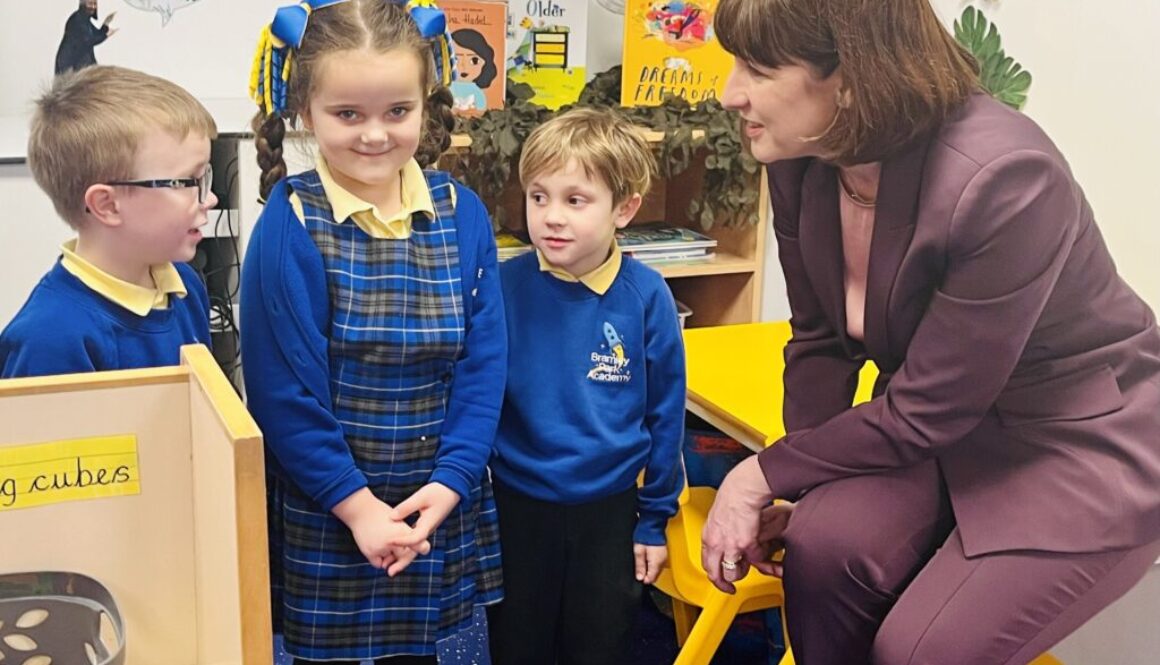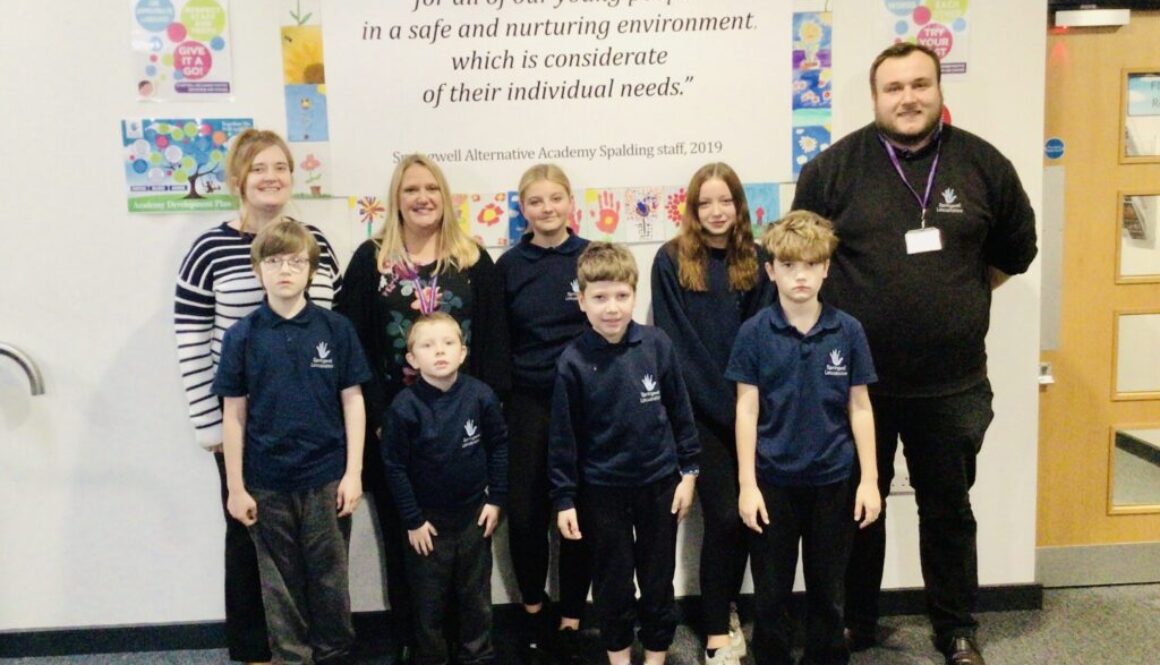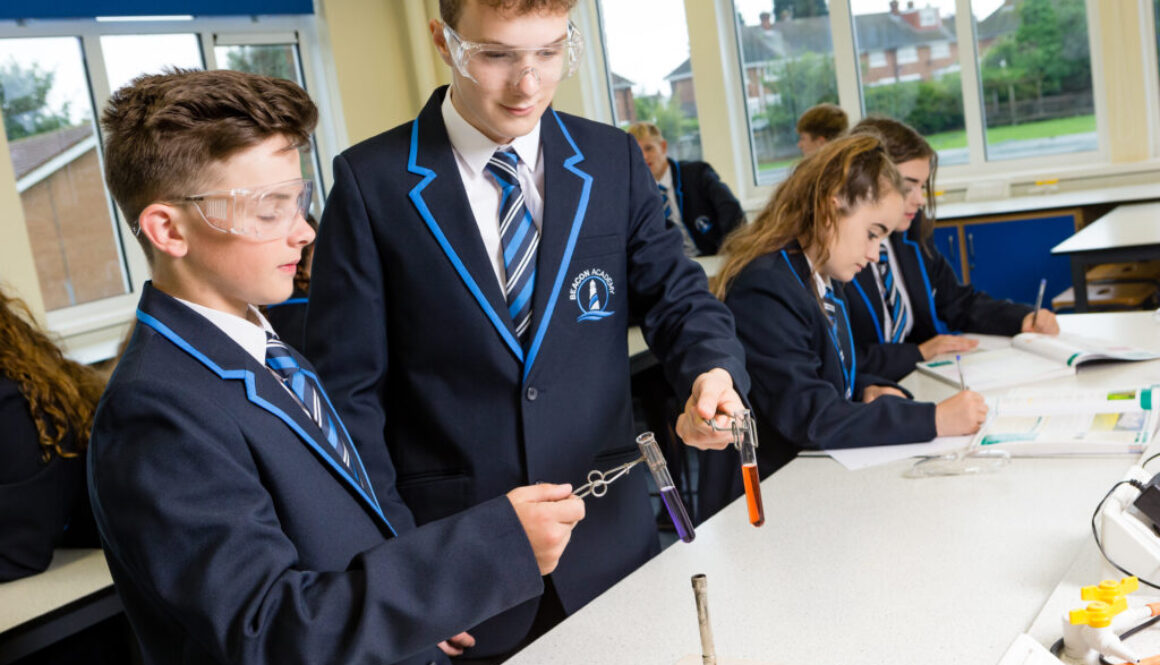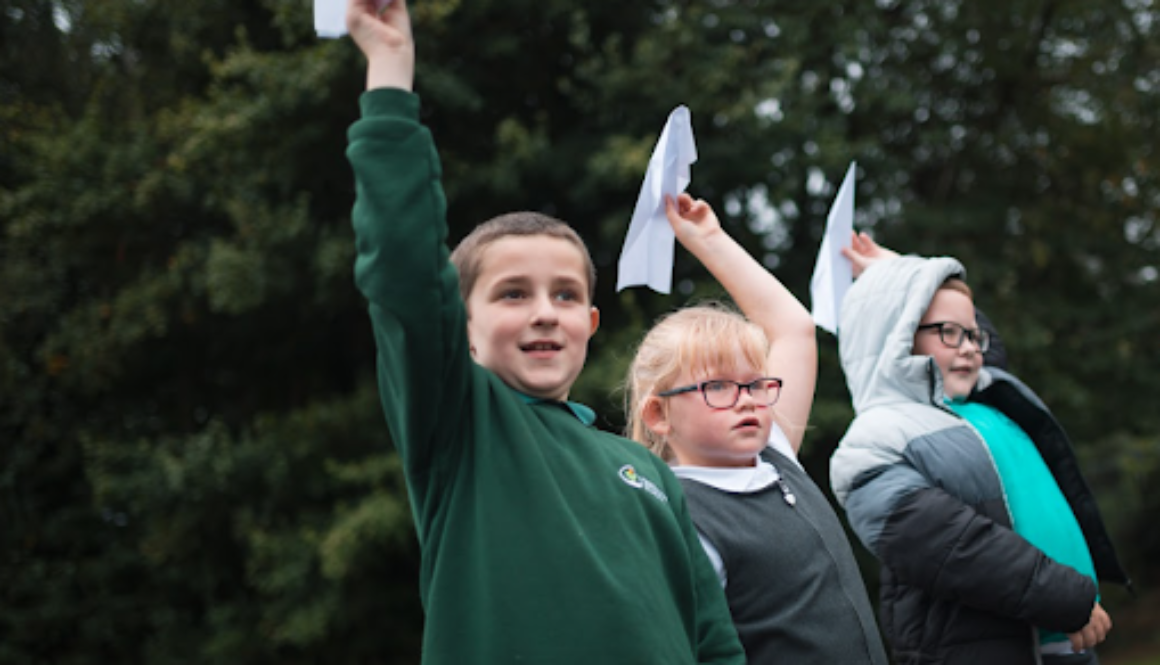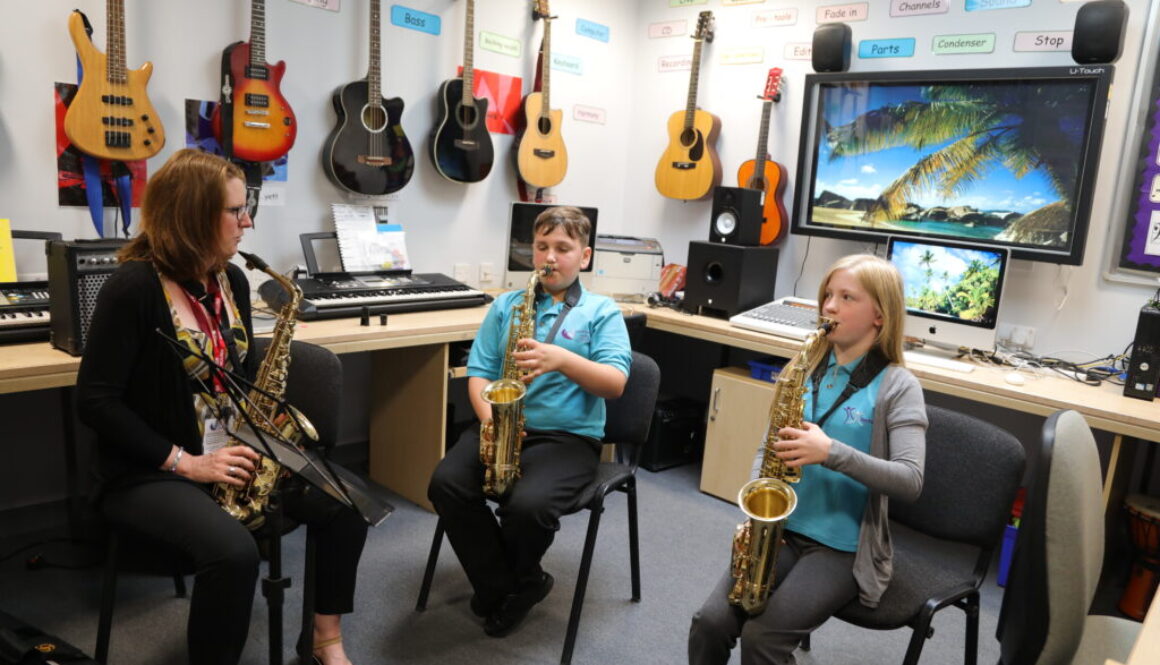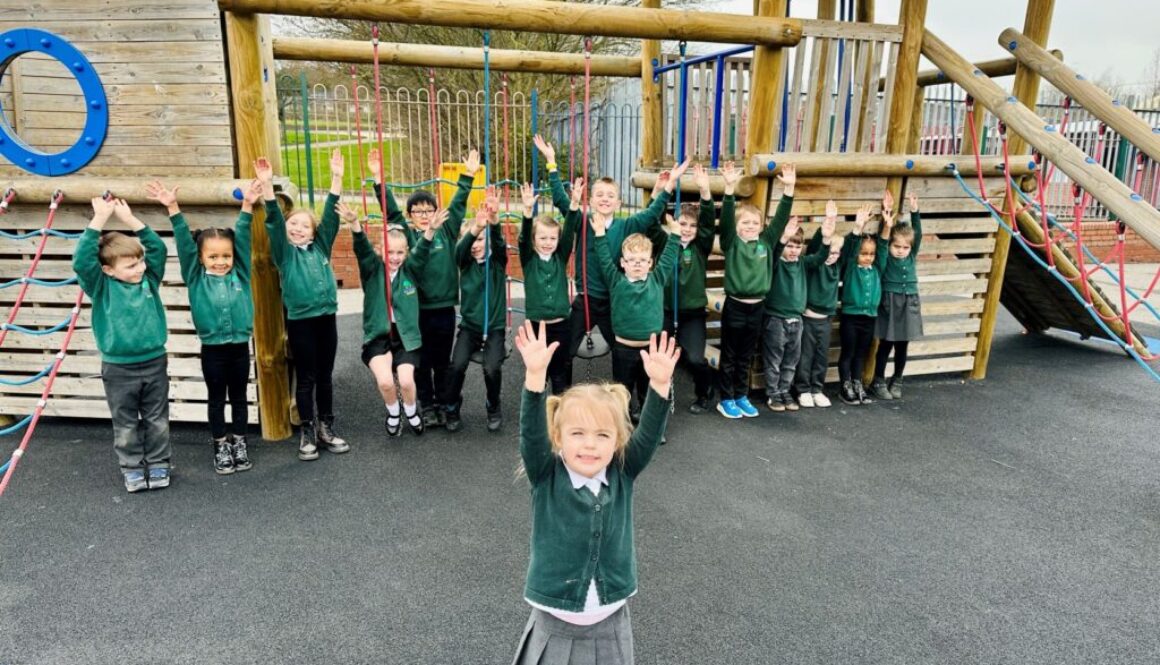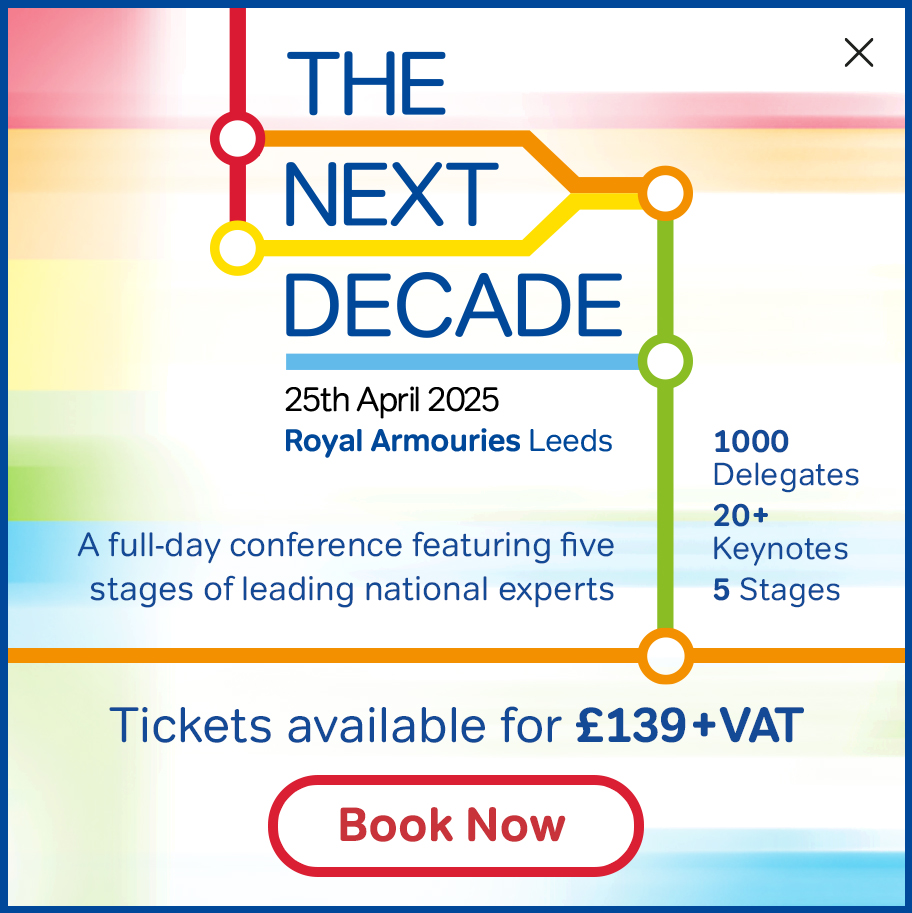By Adam Bell
Earlier this year Ofsted began a programme of updates on a variety of curriculum areas designed to offer subject specific insights. These have been widely well received by curriculum leaders and have offered clarity on several topics that have traditionally courted controversy between leadership teams and Music teachers for many years. Below is a brief overview of some of the highlights that I hope will help to inform conversations in many of our schools going forward.
Curriculum design
Schools are encouraged to design a curriculum that is suitable to the needs of their students whilst considering some key aspects. Firstly, leaders should decide what the appropriate content is for their learners before moving onto how effective delivery is achieved. Encouragingly, Ofsted outline that their main interest is in how the curriculum plans for students to get better at Music and to become more musical. Research has shown that success in Music can be hugely beneficial in improving students’ concentration, memory and overall academic achievement.
As part of this process leaders should consider the way the curriculum is taught to ensure students commit their learning to their long term memory and Ofsted encourage a ‘little and often’ approach which will help to reduce cognitive overload. In order to support students’ development of knowledge and skills over time it is desirable for them to improve gradually, consolidate learning and aim to produce a high quality response. Three key aspects work in tandem to allow this to happen:
- Technical – Pupils consolidate small amounts of learning and gradually build on foundational knowledge. Learning occurs over a period of time across a number of units. E.g. a keyboard player may learn a piece of music by practicing a small amount slowly and gradually building this up over time.
- Constructive – Students gain an understanding of the constructive elements of Music and how to apply these e.g. Do they know what a melody is and how to write one effectively?
- Expressive – Once students have a good knowledge of the technical and constructive components, are they able to refine their work e.g. not only can they play a piece of music fluently but they can also perform it with a level of expression that matches its style and context.
It is expected that the expressive aspect of students’ musical responses would improve with a good grounding in the context of the style being studied however music making is much more important than music information.
Curriculum sequencing
Over the past 5 years, curriculum leaders have become increasingly aware of what this means. Initially we were encouraged to think about the ‘Three I’s,’ i.e. Intent, Implementation and Impact, however, a more nuanced approach is now being encouraged. It is thought that students benefit from around 90 hours of Music lessons during KS3; the same students are likely to have completed a similar number of lessons by Easter of Y7. With this in mind the Music curriculum needs to be carefully considered and, at times, leaders will need to take a ‘less is more’ approach. Traditionally many KS3 curriculums have consisted of a series of topics that bear little or no relation to one another in order to encourage students to learn a breadth of skills. Ofsted are clear that they now expect Music curriculums to encourage mastery and that topics taught should be relational. One eye opening comment comes in regard to instrumental learning – a student is more likely to master basic instrumental skills if they use the same instrument consistently across KS3 as opposed to a wide variety across numerous topics at a surface level. Further to this, leaders are encouraged to think carefully about the links between topics taught. The table below shows what would be considered a fairly typical KS3 curriculum a few years ago:
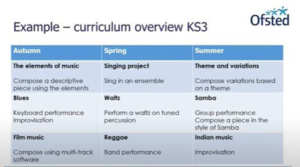
On the surface this presents as a wide ranging, broad curriculum that would support students’ cultural understanding. However, if we look in more depth, it becomes clear that there is little relationship between these topics, making it difficult for students to develop their technical and constructive skills. For example, in Spring of year 1 students work on their singing skills but there is little opportunity for them to develop these skills further in future units. Secondly, in term 1 of year 3, students are asked to compose a piece of film music using multi track software despite having no prior experience using music technology or any of the constructive knowledge required to compose effectively for film. This highlights the need for curriculum leaders to be able to explain the what, why and when of their curriculum i.e. how topics inter-relate and build on prior knowledge.
Curriculum time
Over the past decade, in response to the advent of Progress 8 and staffing cuts, many schools have adopted a controversial approach to curriculum delivery in relation to many Performing Arts subjects. The introduction of the carousel where students have studied each subject for one or two half terms before moving to a different subject has had a damaging effect on Music education, particularly when considering KS4 numbers. Ofsted are clear that this approach is restrictive and negatively affects students’ ability to progress over time or significantly develop their technical abilities. Schools that adopt this approach will need to be very clear about how this implementation decision positively impacts students. ‘Drop down’ days or ‘Blocking’, where students study the subject for the whole day in isolation, are even more difficult to justify when they constitute the only means of curriculum delivery.
Other useful key points in brief
- Musical culture: This is not confined to the music curriculum alone – aspects such as extra-curricular activities, workshops, trips, concerts and peripatetic instrumental lessons all contribute to the overall musical culture of the school and will be taken into account.
- As outlined above, performances are a key aspect of a school’s musical culture – is sufficient time and support given to allow music departments to flourish? E.g. time in lieu when running an evening performance or appropriate opportunities for rehearsal time.
- Assessment: Summative assessment should be carefully managed. Doing this half termly is likely to mean students are being re-assessed every 4 – 5 hours which is unlikely to be an effective use of time. Assessment should evidence long term learning.
- Assessment evidence: Extensive book work or photos of students engaging in musical learning will not evidence musical ability – if staff feel this is useful information for them to assess then they are encouraged to do this but it is not deemed necessary.
Overall, this subject specific information for Music is extremely helpful in addressing many of the unknowns that both Curriculum leaders and SLTs have battled with for many years. There are a number of positive admissions that demonstrate an understanding of effective planning and delivery of the subject which I hope will empower Music staff going forward.
The full video is an hour long and can be found by searching for ‘Ofsted Music’ on YouTube or via the link below:
https://www.youtube.com/watch?v=I8mwnQ_IivQ
Adam Bell is Head of Arts at Springwell Academy Leeds and Lead Practitioner for Performing Arts


